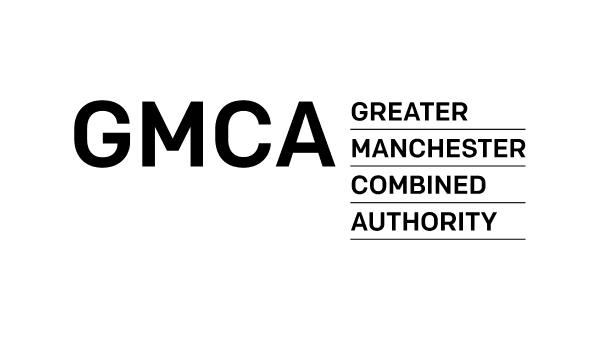Global City Futures (GCF) were appointed as lead financial consultants to appraise funding solutions to decarbonise the buildings estate and energy provision across eight districts of the Greater Manchester Combined Authority (GMCA). GCF were subcontracted through Anthesis who were appointed as lead consultant by GMCA to assess the technical and financial viability of decarbonising a portfolio of council owned, non-residential buildings.
Climate emergency challenge
The GMCA declared a climate emergency on 26 July 2019, initiating their journey to reduce and offset carbon emission across their ten districts to become net zero compatible and climate resilient by 2038. Part of this journey involves the decarbonisation of council owned buildings across the districts of Greater Manchester.
Like many councils across the country, the GMCA districts face the challenge of limited capital and revenue budgets but the need to meet their net zero targets. To date, the GMCA have relied on Public Sector Decarbonisation Scheme (PSDS) funding to deliver decarbonisation initiatives but are now seeking alternative funding models, alongside PSDS that, whilst addressing the constraints, also ensures the full decarbonisation of the portfolio of council owned buildings.

The Global City Futures solution
GCF initially carried out a questionnaire to gauge the eight participating councils’ capacity to invest in the proposed decarbonisation interventions and to understand their appetite to different funding approaches.
Building upon technical data supplied by Anthesis, GCF appraised the financial viability of the recommended decarbonisation interventions. The financial viability was compared against existing council’s investment capacities and bespoke financial solutions were created to best ensure the GMCA could achieve their net zero goals, whilst also addressing their capital and revenue budget constraints.
To create the bespoke financial solution, GCF utilised our significant experience in bringing together public and private sector finance to recommend innovative funding structures for each of the eight districts, whilst also considering and recommending the benefits of a combined GMCA approach.

The positive result
GCF created bespoke reports and financial models for each individual council, as well as at a combined GMCA level. The reports set out the findings of our analysis and made recommendations as to the optimal approach to fund the decarbonisation interventions.
Given the capital and revenue constraints of the councils, these recommendations relied on gap funding being provided to boost viability and allow the remaining funding to be provided through government-backed borrowing with repayment made through savings generated as a result of the implementation of the decarbonisation interventions.

